Swiss voters to decide on country’s energy transition

On June 18 the Swiss people will cast their votes on a new climate law. This counterproposal to the so-called Glacier Initiative aims to cut greenhouse gas emissions to “net zero” by 2050.
What is it all about?
The Swiss parliament accepted new climate legislation in September 2022. The Federal Act on Climate Protection Goals, Innovation and Strengthening Energy SecurityExternal link seeks to accelerate the country’s transition to renewable energies in order to achieve a net-zero emission balance (climate neutrality) by 2050. This means that, by then, Switzerland must not emit more greenhouse gases than are absorbed by natural carbon sinks, such as forests, or by technical means.
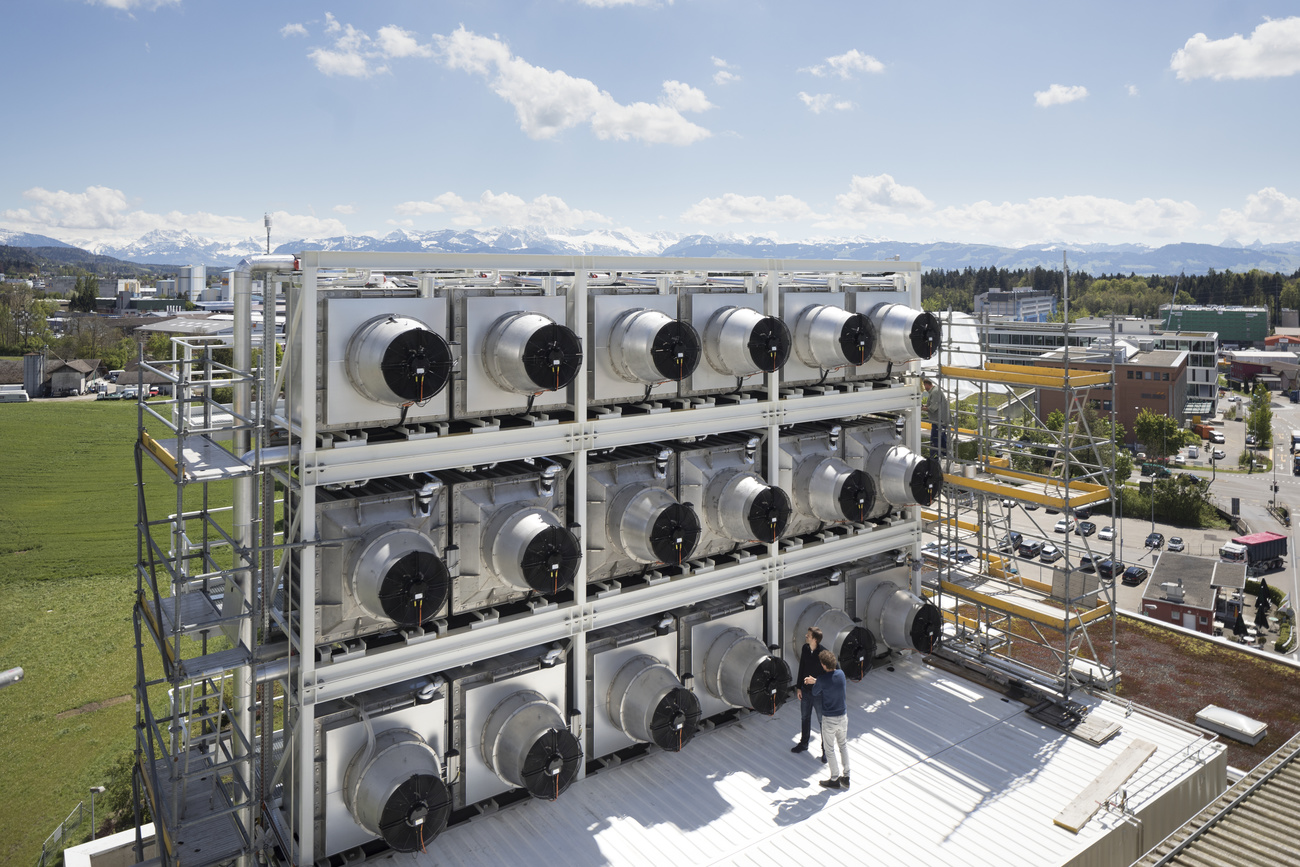
More
Can CO2 capture and removal help solve the climate crisis?
The new law sets objectives and interim targets for reducing emissions and aims to ensure that financial flows are invested in a more climate-friendly way. It is an indirect counterproposal to the Glacier Initiative, which parliament and government had both rejected, deeming that it went too far.
How is the new law different from the Glacier Initiative?
The people’s initiative, which was launched by the Swiss Association for Climate Protection, called for a complete end to greenhouse gas emissions and a ban on fossil fuels in Switzerland by 2050. It was dubbed the Glacier Initiative because the melting of the glaciers is one of the most visible consequences of climate change in Switzerland.

More
Why melting glaciers affect us all
However, the government and a majority in parliament opposed the ban on fossil fuels. A counterproposal was therefore drawn up that incorporated the main elements of the initiative, but without explicitly outlawing fossil energy sources. The text also promises financial support – CHF2 billion ($2.2 billion) over ten years – to promote the replacement of gas or oil heating systems with more climate-friendly systems, as well as aid to encourage technological innovation in businesses.
The parliament opted for the formula of an “indirect counterproposal”, which, unlike a “direct counterproposal”, does not propose a constitutional amendment but rather a new law or a modification to an existing law. The advantage is that, if approved at the ballot box, the new law can enter into force quickly. The Swiss Association for Climate Protection, satisfied with parliament’s suggestion, decided to withdraw its initiative and support the counterproposal.
Why has the public been called to the polls?
The right-wing Swiss People’s Party – the largest party at the national level – did not agree with the new climate law and successfully launched a referendum. It managed to collect more than twice the required 50,000 signatures, and so the final decision will be up to the people. The vote will take place on June 18.

More
What’s a referendum?
Why is the political right against the climate law?
The Swiss People’s Party has called the new law an “electricity guzzler”, harmful to both the economy and the population. In its view, achieving climate neutrality by 2050 effectively means banning petrol, diesel and gas. Electricity needs will grow and household bills will rise by thousands of francs a year, and this in the midst of an energy crisis, the party warns.
This is not the first time that the People’s Party has opposed climate policy enacted by parliament. In 2020 it supported a referendum launched by business circles against the new CO2 law, which sought, among other things, to introduce a number of taxes and measures to reduce emissions. Somewhat surprisingly, voters rejected the CO2 law.
Who supports the climate law?
The indirect counterproposal was supported in parliament by representatives of all the main parties except for the Swiss People’s Party. According to environmental groups and the committee behind the Glacier Initiative, the climate law will enable Switzerland to free itself from fossil fuels and attain greater energy independence. Investments in innovative technologies and processes will also help to create jobs, the new law’s supporters say.
How heavily does Switzerland rely on fossil fuels?
Switzerland imports around 70% of the energy it consumes, mainly in the form of crude oil, petroleum products, gas and coal. The principal suppliers of oil are Nigeria, the United States and Libya. Switzerland is one of the European countries that relies most heavily on oil for heating buildings: around six out of every ten homes are heated using fossil fuels, although in recent years, and particularly since the outbreak of war in Ukraine, there has been an increase in the use of heat pumps.
The remaining 30% of energy needs are covered by domestic electricity production. Two-thirds of this comes from renewable sources, especially hydropower, while one-third is generated by nuclear power plants.
Photovoltaic and wind power are not as developed in Switzerland as in neighbouring countries. On the other hand, the share of renewables in the Swiss electricity mix is higher than the European average.
Which other countries want to achieve climate neutrality by 2050?
At least 130 of the 198External link United Nations countries have announced plans to be climate neutral by 2050 or, like China and Russia, by 2060. Together they account for about 90% of global emissions.
However, current commitments are not enough to limit global warming to 1.5°C, the most ambitious goal of the Paris climate agreement. No country is handling the climate crisis adequately, according to the Climate Change Performance Index 2023External link (CCPI), which looked at emission levels, the use of renewables and the climate policies put in place in 59 nations and in the European Union.
How does Switzerland compare internationally?
Switzerland comes 22nd in the climate performance ranking, down from 15th last year. The country must “improve its policies” and “accelerate their implementation”, according to the international experts who compiled the CCPI.
The Climate Action Tracker (CAT), an independent group that analyses countries’ climate policies, found Switzerland’s action to be “insufficient” – a conclusion reached mainly because of the rejection of the new CO2 law at the ballot box. If all countries acted like Switzerland, the earth’s temperature would increase by 2-3°C, the group warned.
Translated from Italian by Julia Bassam

In compliance with the JTI standards
More: SWI swissinfo.ch certified by the Journalism Trust Initiative





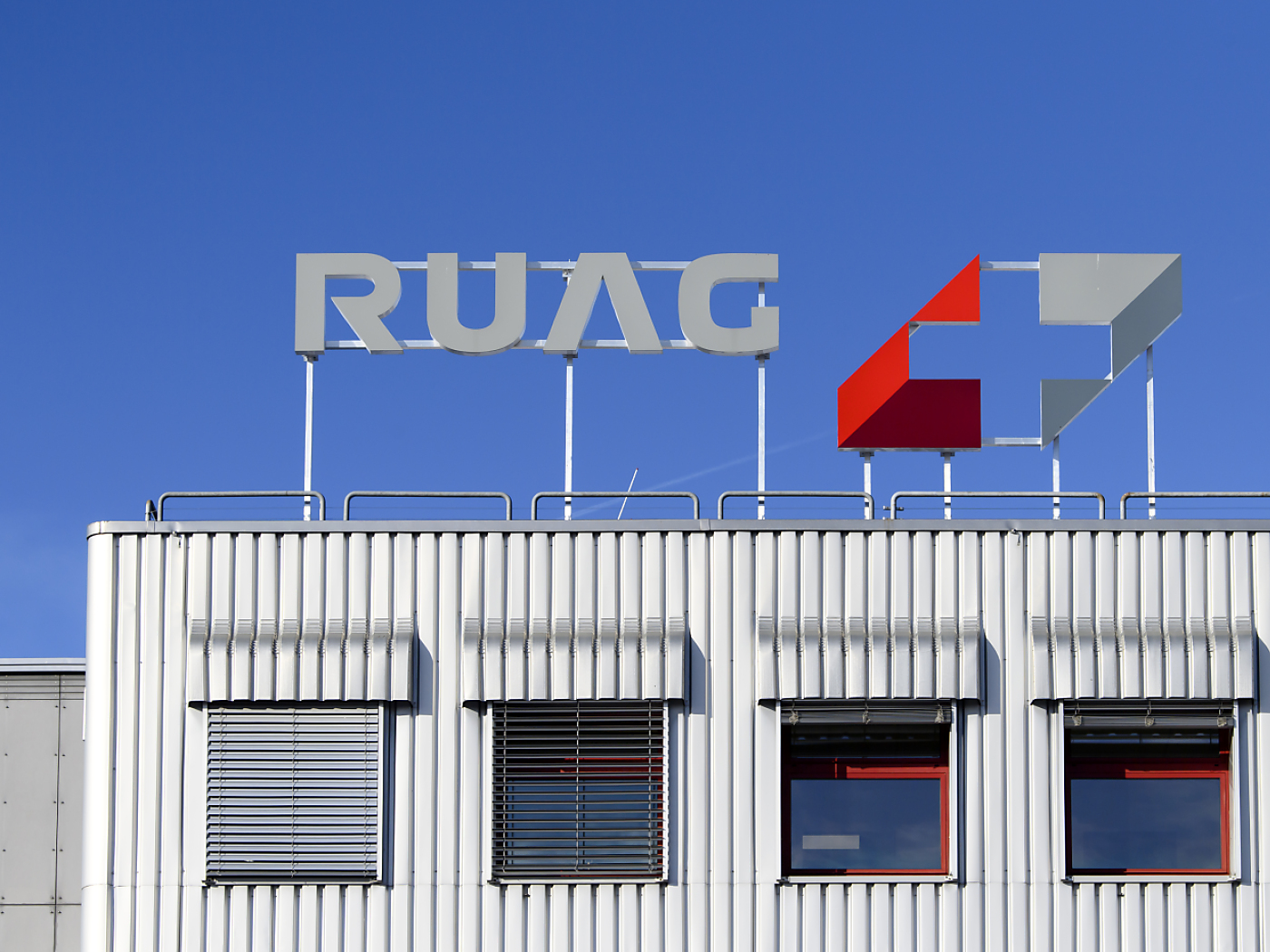




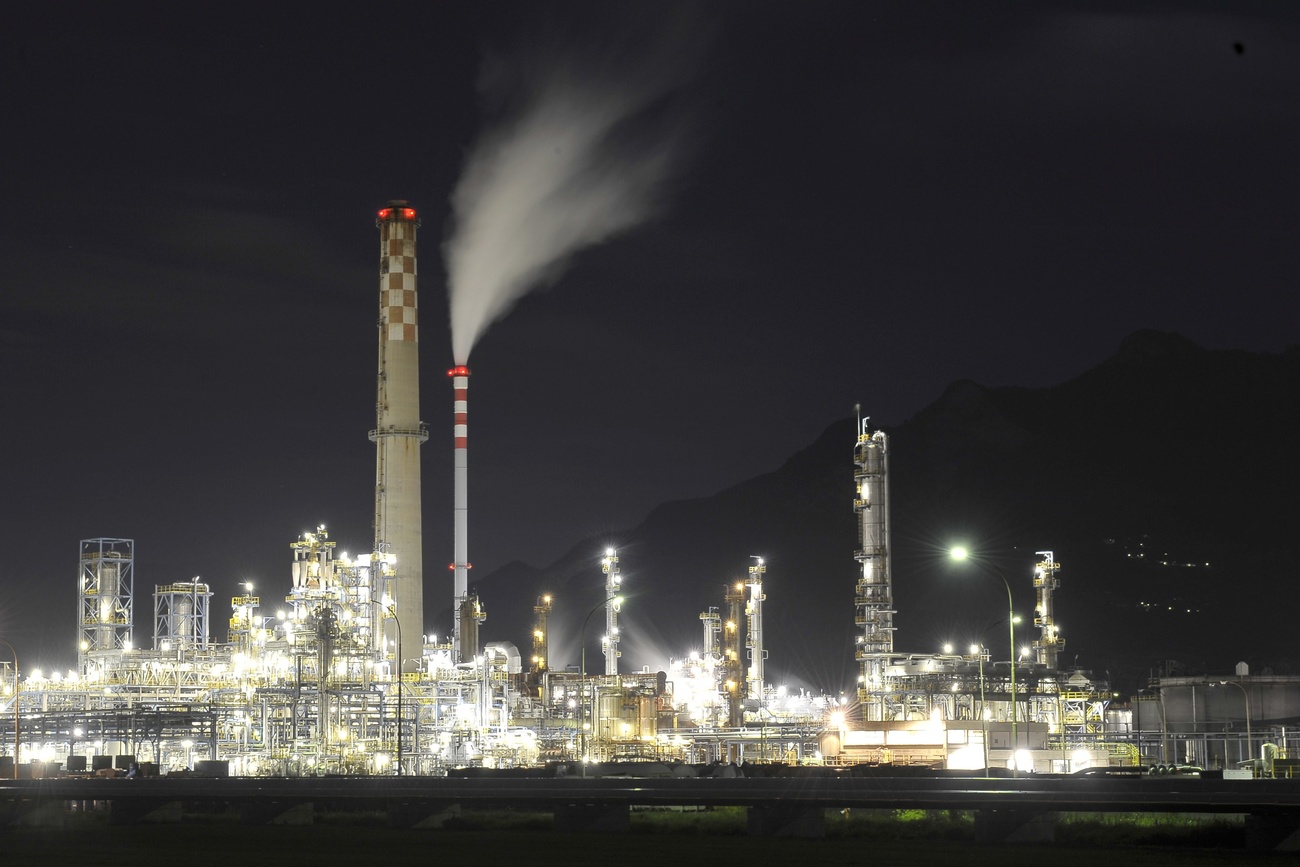
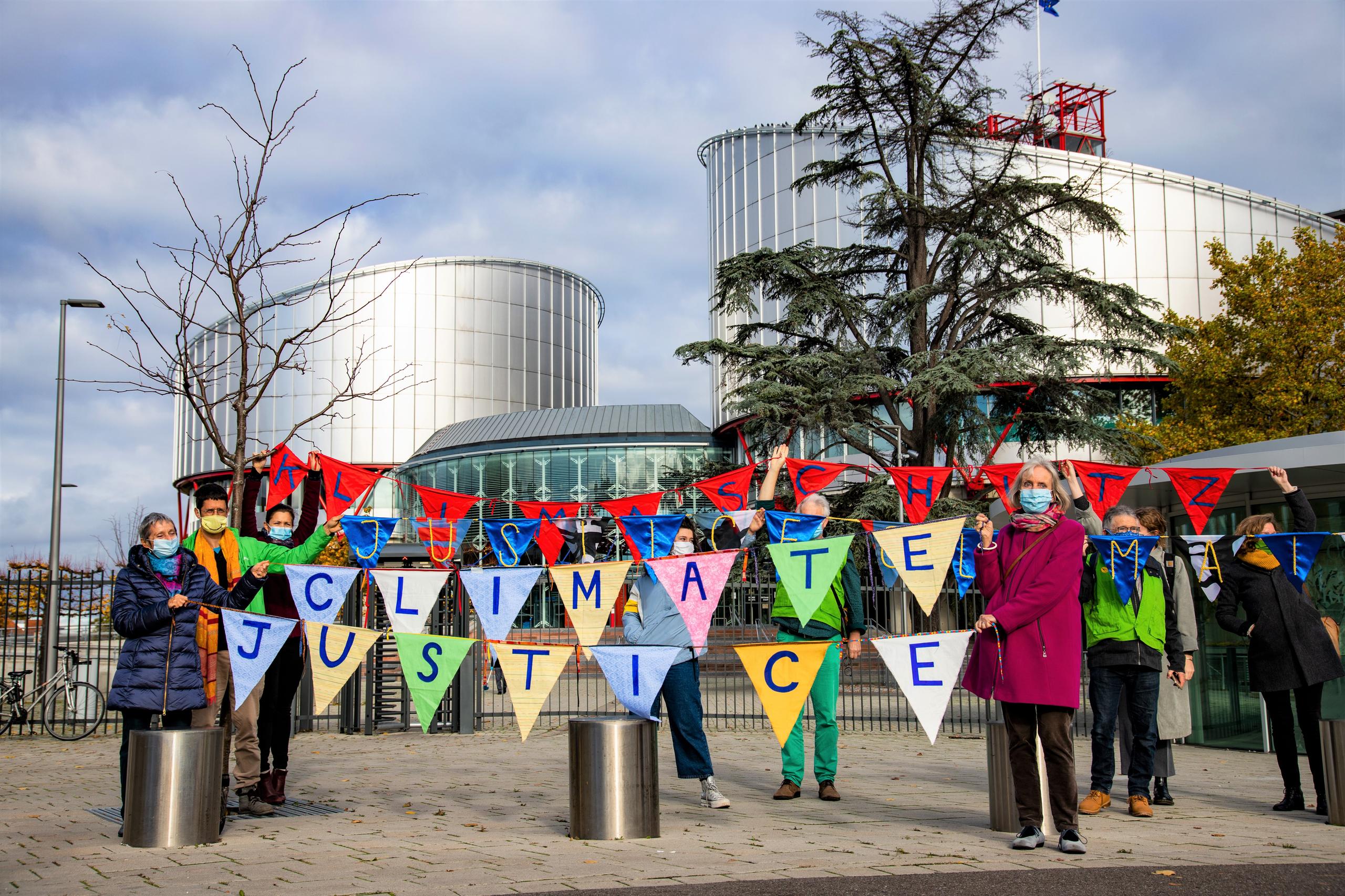
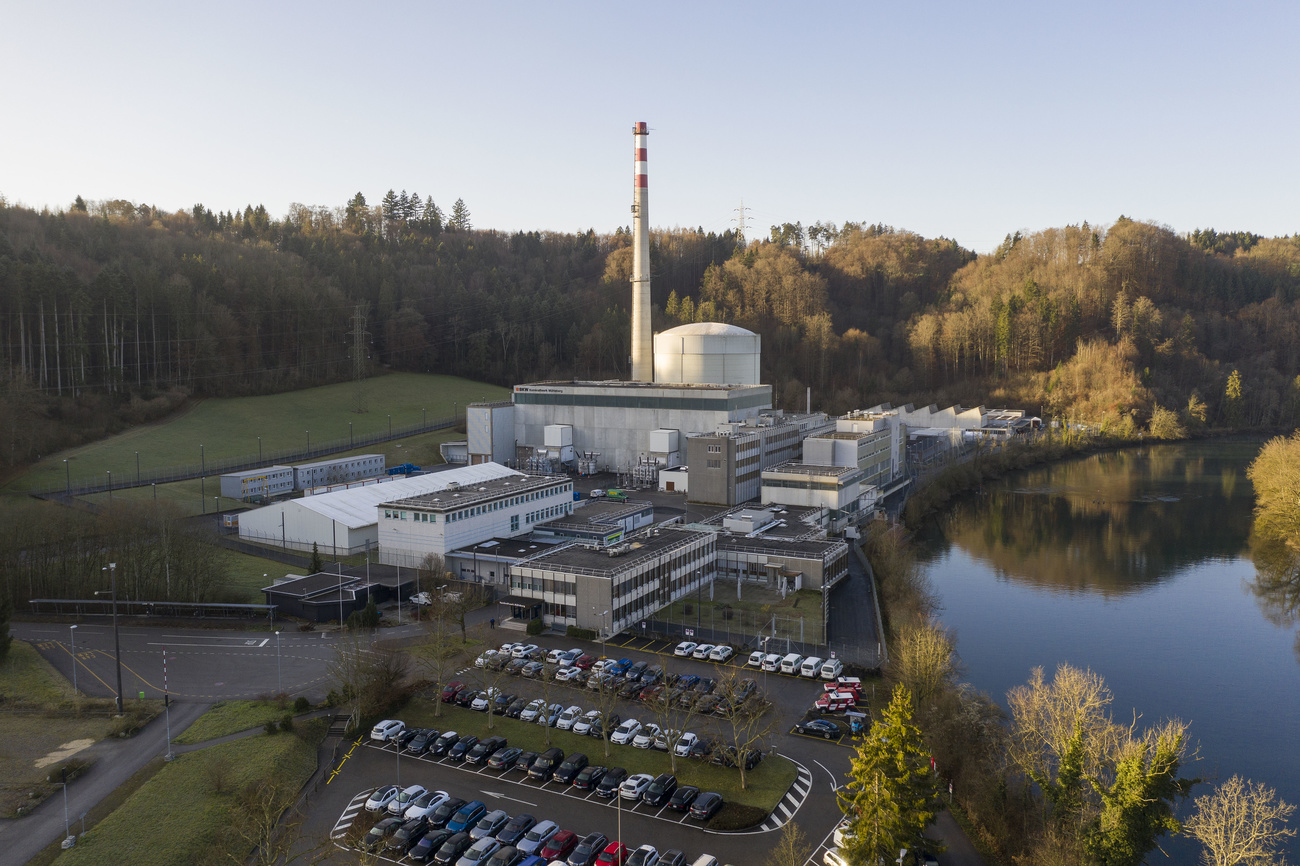
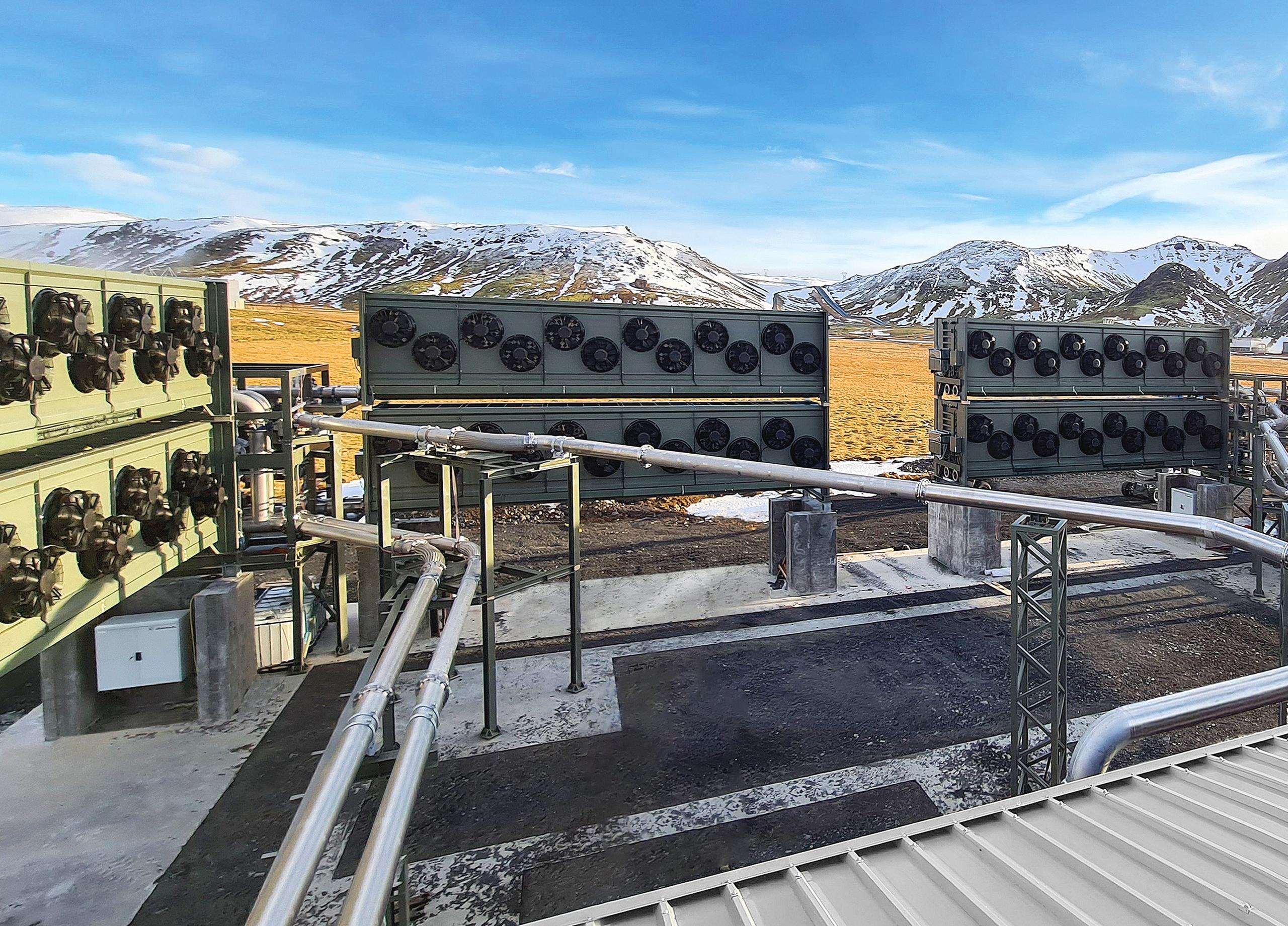

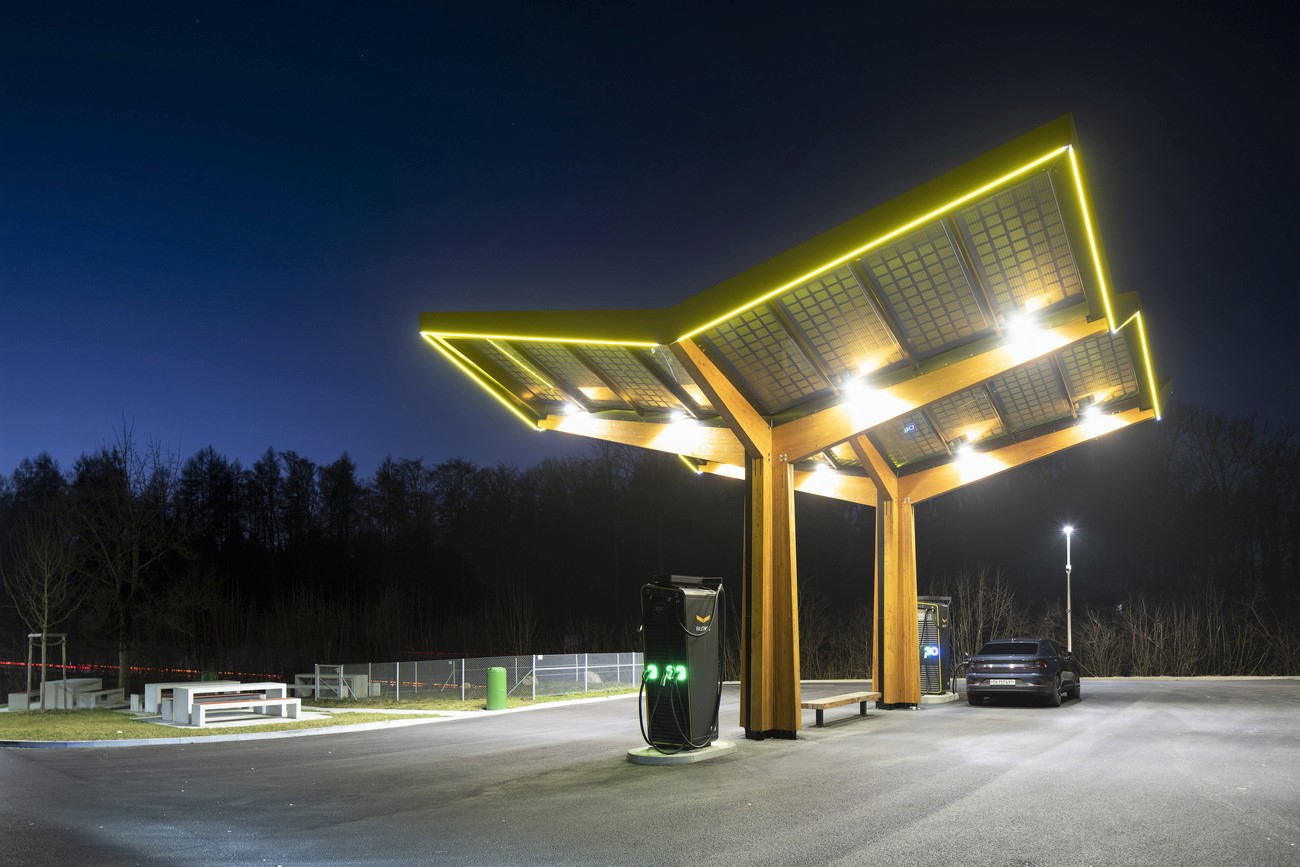

You can find an overview of ongoing debates with our journalists here . Please join us!
If you want to start a conversation about a topic raised in this article or want to report factual errors, email us at english@swissinfo.ch.